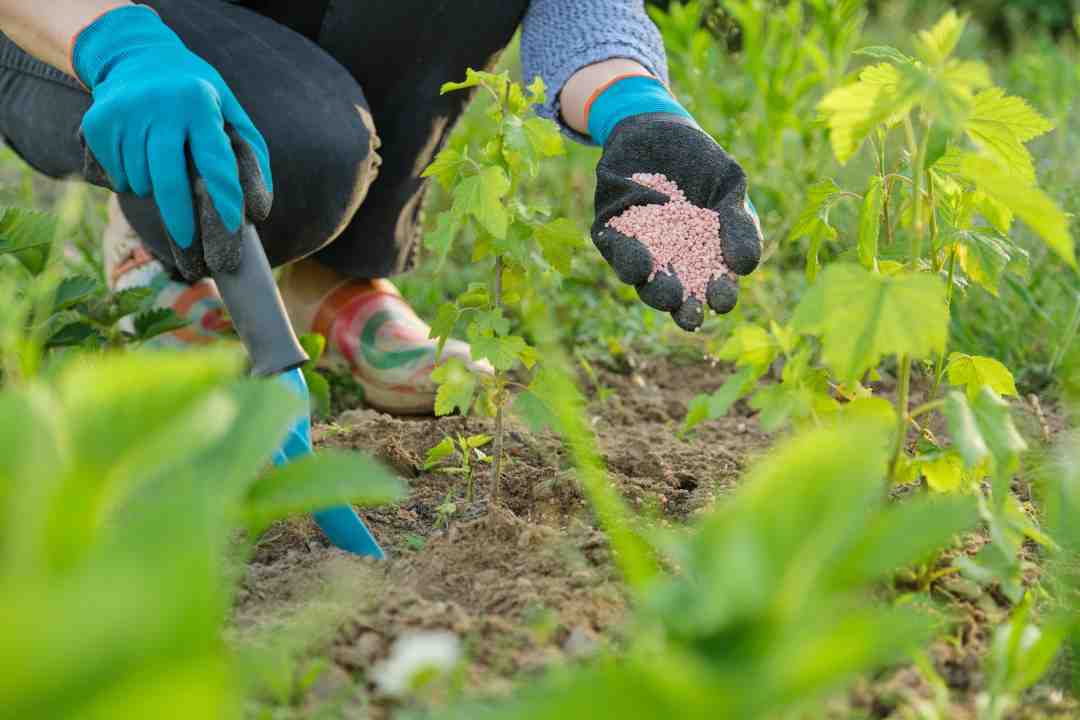Vegetable gardening is a rewarding and fulfilling activity that allows you to grow your own fresh and healthy produce. To ensure that your vegetable garden thrives and produces an abundant harvest, proper watering and fertilization are essential. Understanding the basics of vegetable gardening and meeting the specific needs of your plants will help you achieve optimal growth and yield.
Understanding the Basics of Vegetable Gardening
The Importance of Water and Fertilizer
Water and fertilizer are two crucial elements that play vital roles in the growth and development of vegetables. Water provides hydration to the plants, allowing them to absorb nutrients and carry out essential biological processes. Fertilizer supplements the soil with essential nutrients that may be lacking, promoting healthy plant growth and boosting productivity.
When it comes to watering your vegetable garden, it’s important to strike a balance. Overwatering can lead to root rot and other water-related issues, while underwatering can stunt plant growth and reduce yields. Understanding the moisture needs of each vegetable in your garden can help you create an optimal watering schedule to keep your plants healthy and thriving.
In addition to water, fertilizer is a key component in vegetable gardening. There are different types of fertilizers available, including organic and synthetic options. Organic fertilizers, such as compost and manure, provide slow-release nutrients to the soil, improving its structure and fertility over time. On the other hand, synthetic fertilizers offer a quick nutrient boost to plants, making them ideal for addressing immediate deficiencies.
Identifying Your Vegetable Garden Needs
Before watering and fertilizing your vegetable garden, it is important to understand the specific needs of your plants. Different vegetables have varying requirements for water and nutrients. Some vegetables, like tomatoes and cucumbers, require more water compared to others. Similarly, certain vegetables have higher nutrient demands and may require additional fertilization.
- Research the watering needs of different vegetables to ensure you provide the appropriate amount of water.
- Determine the specific nutrient needs of your plants by conducting a soil test. This will help you identify any nutrient deficiencies that need to be addressed through fertilization. Learn more about the vegetable gardening from this website:
- https://seedsunsoil.com/
By tailoring your watering and fertilizing practices to meet the individual needs of your vegetable garden, you can create an environment that promotes healthy growth and abundant harvests. Observing your plants regularly and making adjustments as needed will help you achieve gardening success and enjoy a bountiful supply of fresh, homegrown produce.
Preparing Your Garden for Watering and Fertilizing
Soil Testing and Preparation
Before planting your vegetable garden, it is essential to test the soil to assess its nutrient content and pH level. This information will guide you in selecting the appropriate fertilizers and adjusting the soil pH, if necessary. A soil test will also indicate any potential drainage issues, which can affect watering efficiency.
Choosing the Right Tools
Investing in the right tools for watering and fertilizing your vegetable garden will make the task easier and more efficient. Consider acquiring a watering can or a garden hose with an adjustable nozzle for precise watering. For fertilization, there are various options, including granular fertilizers, liquid fertilizers, and organic alternatives. Choose the option that suits your preferences and the specific needs of your plants.
Effective Watering Techniques for Vegetable Gardens
When and How Often to Water
The timing and frequency of watering depend on various factors, such as the weather conditions, soil moisture levels, and the specific needs of your vegetables. As a general rule, it is better to water your vegetable garden deeply, providing a thorough soaking to encourage deeper root growth. Aim to water in the early morning or late afternoon to reduce evaporation and minimize fungal diseases.
Watering Methods for Different Vegetables
Not all vegetables have the same watering requirements, and some may benefit from specific watering techniques. For example, leafy greens like lettuce and spinach prefer consistent moisture, while root vegetables like carrots and radishes prefer slightly drier conditions. Adjusting your watering methods to suit the needs of each vegetable will promote healthy growth and yield.
Fertilizing Your Vegetable Garden for Optimal Growth
Types of Fertilizers Suitable for Vegetable Gardens
There are different types of fertilizers available, each with its own composition and nutrient levels. Organic fertilizers, such as compost and manure, provide slow-release nutrients and improve soil structure. Synthetic fertilizers, on the other hand, offer precise nutrient formulations that can cater to specific plant requirements. Choose the fertilizer that aligns with your gardening goals and environmental preferences.
Proper Application of Fertilizers
Applying fertilizers correctly is crucial to avoid damaging your plants and the surrounding environment. Follow the instructions provided by the fertilizer manufacturer regarding application rates and timing. It is advisable to apply fertilizers during the early stages of plant growth or before planting. Be sure to water the area thoroughly after fertilization to prevent burning the plant roots.
Monitoring and Maintaining Your Vegetable Garden
Signs of Overwatering and Overfertilizing
While water and fertilizers are essential for plant growth, it is important to avoid overdoing it. Overwatering can lead to root rot and other moisture-related issues, while excessive fertilization can cause nutrient imbalances and burn the plants. Monitor your plants closely for signs of overwatering, such as yellowing leaves or wilting, and adjust your watering practices accordingly. Similarly, look out for signs of overfertilization, such as stunted growth or leaf burn, and reduce or adjust the fertilizer application as needed.
Regular Maintenance Tips for a Healthy Garden
In addition to proper watering and fertilization, regular maintenance tasks will contribute to the overall health and productivity of your vegetable garden. These tasks include removing weeds, replenishing mulch, and monitoring for pests and diseases. Weeds compete with your plants for nutrients and water, so keeping them in check will ensure your vegetables receive the necessary resources. Mulching helps conserve moisture in the soil, reduces weed growth, and regulates soil temperature.
By applying these techniques for watering and fertilizing your vegetable garden, you can provide the optimal growing conditions for your plants. Remember to adapt your practices to the specific needs of each vegetable and monitor your garden regularly for any adjustments needed. With proper care and attention, a thriving vegetable garden will reward you with an abundance of fresh and delicious produce.






